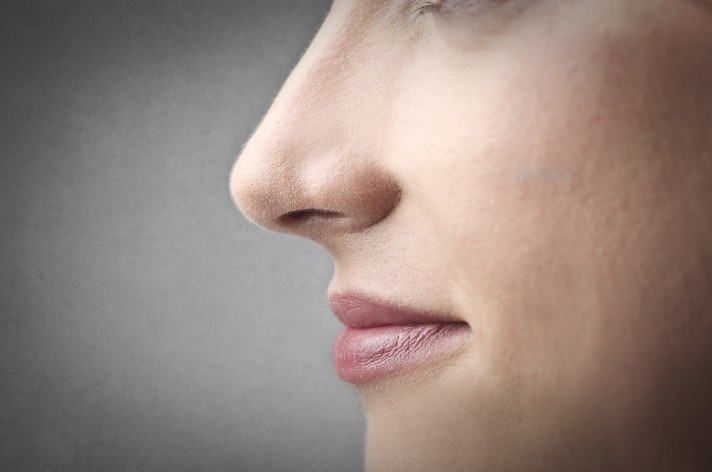לצפייה בתמונה
לחץ כאן
לצפייה בתמונה
1. Sociologists, historians, and others believe that our nose is not just a symbol of beauty and aesthetics but also of inherent strength and power.
2. Research findings have revealed that our nose has a phenomenal sense of smell, capable of detecting a trillion (!) different scents.
3. While everyone's nose shape typically forms by the age of 10, for some people, this process continues into later stages of life. For women, it can extend to age 17, and for men, up to age 20.
4. Did you know that your style of sneezing — whether loud, subdued, or accompanied by a cough — is significantly influenced by hereditary genetic traits?
5. 'Generational Decline': A decrease in collagen and elastin in our skin causes our nose to 'droop' downward. Doctors associate this phenomenon with the natural aging process of the skin.
6. Nose hair is more than decorative: Air entering through our nose often carries bacteria and microscopic particles such as dust. The hair inside our nostrils is designed to stop them and prevent these foreign bodies from invading our respiratory system.
7. Ever wondered why certain smells trigger distinct memories or emotions? It’s likely because the sense of smell is the only sense connected directly to the hippocampus (a brain region involved in forming memories) and the amygdala (the brain area responsible for linking memory to emotions).
8. Nose insurance? Yes, it exists. Some people, particularly those whose jobs involve smelling perfumes or wines, insure their noses. A Dutch winemaker named Iza Gort, for instance, took out an insurance policy on his nose for eight million (!) dollars.
9. Seasonal transitions, allergies, nose picking, and blood-thinning medications can all lead to nosebleeds. Some individuals might even experience nosebleeds from mild colds, though this is rarer. There are many purported solutions to manage this issue, but most have proven inefficient or even harmful. So what’s the best remedy? Sitting on a chair, leaning forward with your face down for about ten minutes is advised. This way, blood drops will freely trickle out. Afterward, you can apply a cold compress or ice-pack across the bridge of the nose. If bleeding persists, see a doctor.
10. It's by Hashem's grace that our nose is designed not to detect lethal odors — like the gas used for cooking. For safety, gas companies add a component called 'mercaptan' to natural gas, so in case of a leak, we can address the problem promptly without relying solely on our sense of smell.
.Use quotes in order to search for an exact term. For example: "Family Purity", "Rabbi Zamir Cohen" and so on
